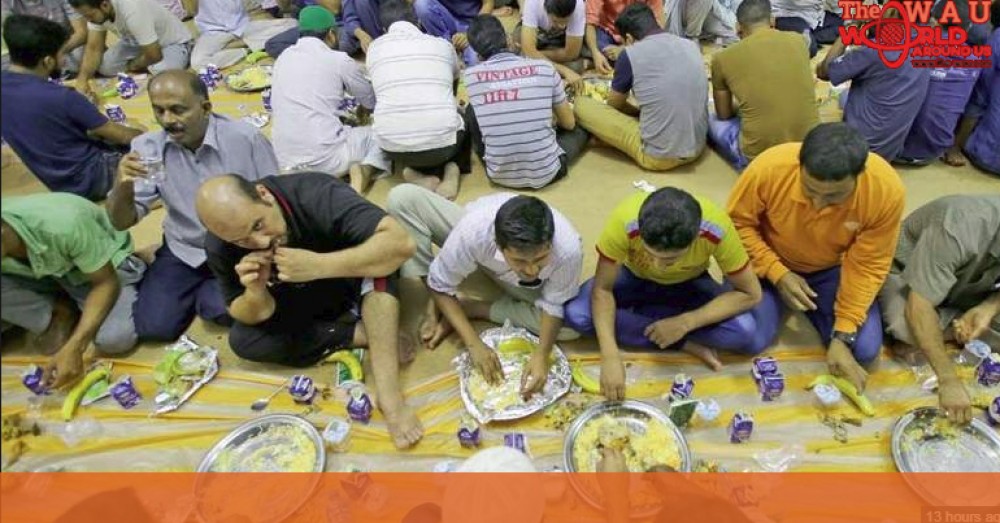The Al Ain Municipality has warned residents against using Ramadan tents as majlis or resting places. The civic body also said it will slap a fine of Dh10,000 if iftar tents are found to be used for purposes other than serving iftar meals for those who fast.
The warning followed the issuance of 232 licences to residents of Al Ain city permitting them to erect temporary iftar tents near their homes, mosques and workers' accommodations during the holy month of Ramadan.
Saeed Al Kaabi, director of the emergency section at the Al Ain Municipality, said: "Our teams conduct routine field inspections on the iftar tents to ensure compliance with the requirements of the municipality.
"The inspectors check on the safety of the tents and also ensure that they are used only for iftar meals and nothing else. The iftar tents must not be used as Ramadan Majlis or resting places. It's not acceptable."
Al Kaabi said people found violating the iftar tents rules will be fined Dh10,000 and Dh20,000 in case of repeated violation.
Specific guidelines
The official urged people to abide by rules for temporary tents set by the municipality. According to the municipality, application for installing a Ramadan tent must include all supporting documents along with an undertaking from the applicant to comply with the stipulations set by the municipality. Having completed the required documents for Ramadan tents, certain guidelines must be met and the verified during the on site inspections where the tent is erected.
The general directorate of civil defence reviews the security and safety requirements for tents installation.
The Ramadan tent guidelines
>Do not erect tents and its extensions on utility lines
>Tents must not cause any damage to utility lines, sidewalks or streets
>Tents must not block routes or entry points to buildings, car parks or emergency exits
>Tents do not affect the mobility of pedestrians
>Tents must not be erected on private properties of a third party
Share This Post















